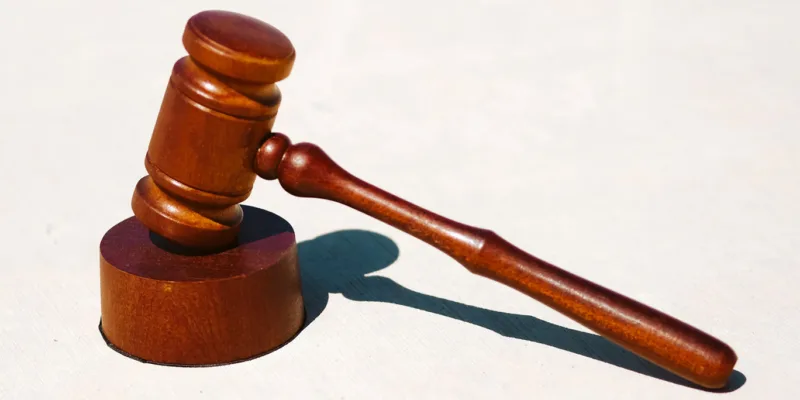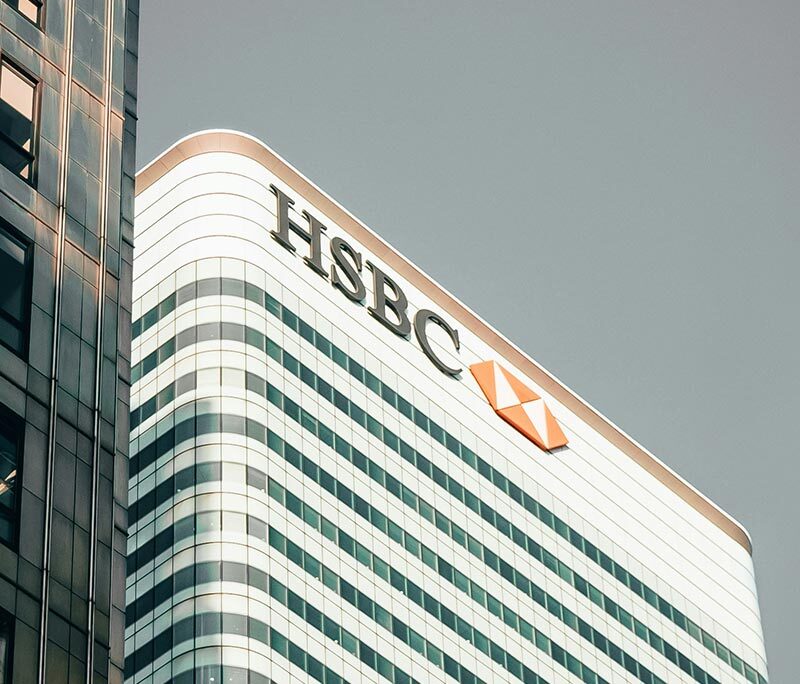Judicial review is the process by which a court can challenge and overturn the decision of a public body.
Contact UsLitigation News
Litigation Case Studies
High Court Allows BBS Client’s Claim Against HSBC to Proceed
High Court rules BBS’s client’s claim against HSBC should continue as an application for Summary Judgment and Strike Out by HSBC fails. David Bondt led the litigation team at BBS Law, who acted for the successful claimant in the recent…











